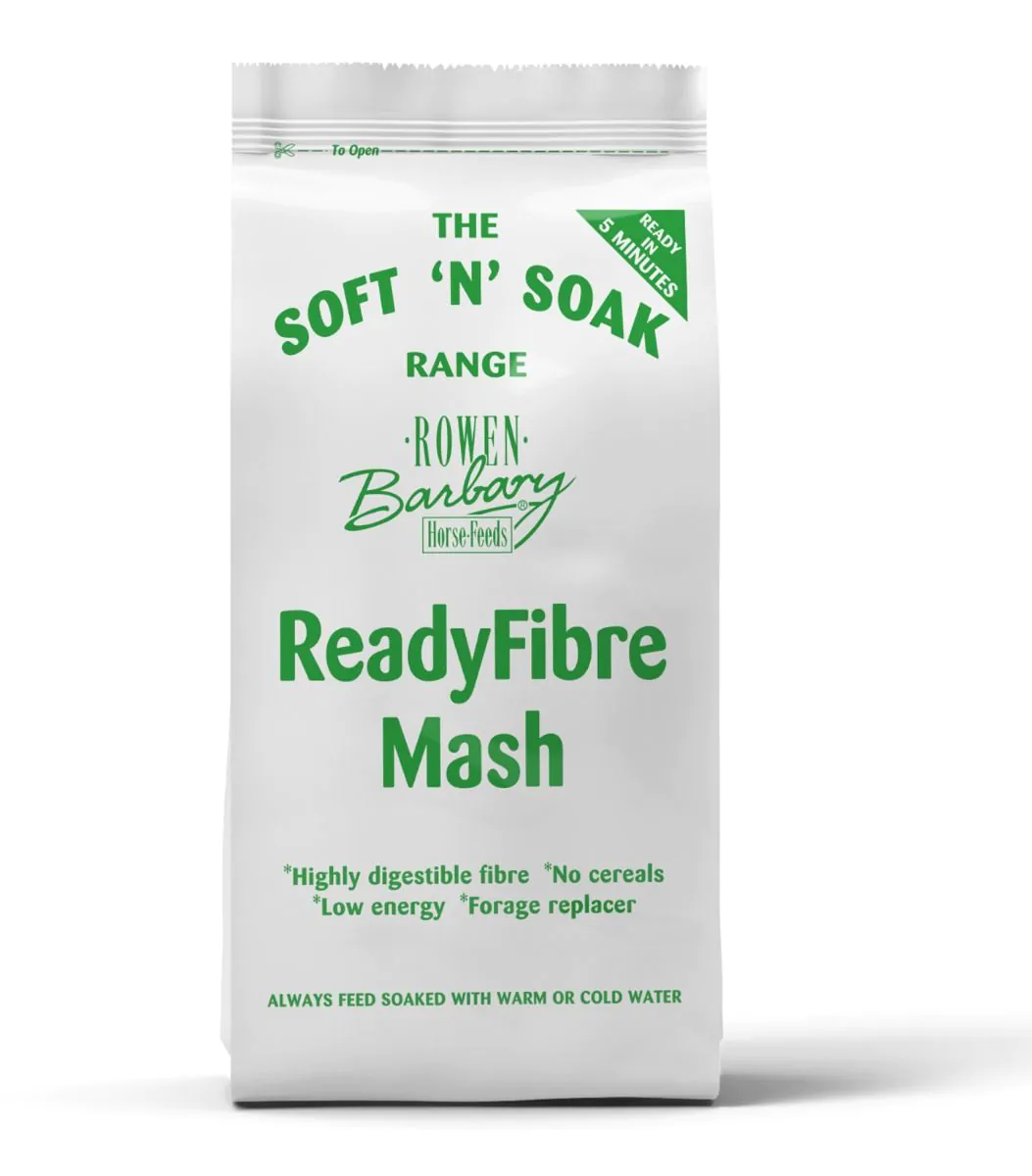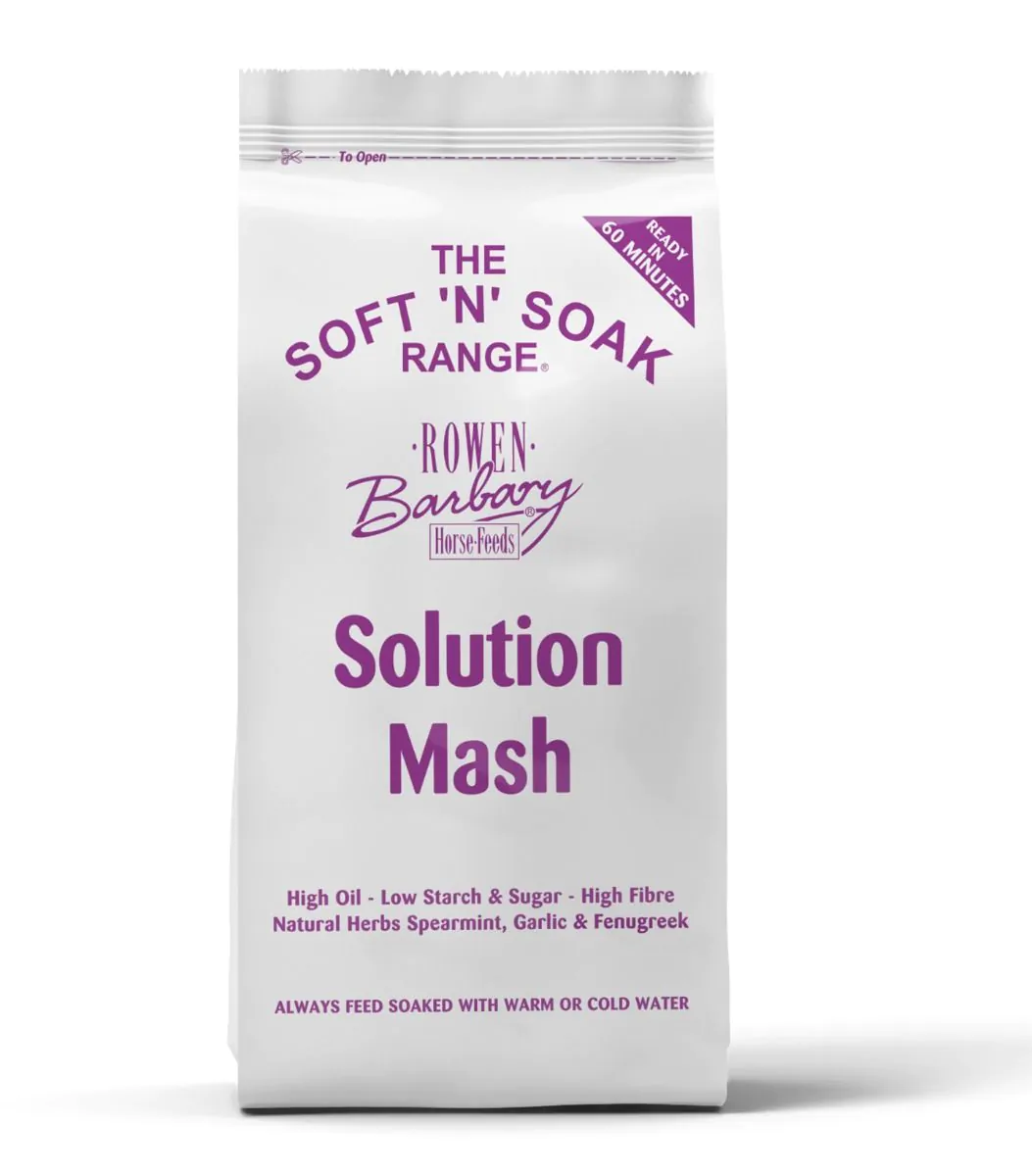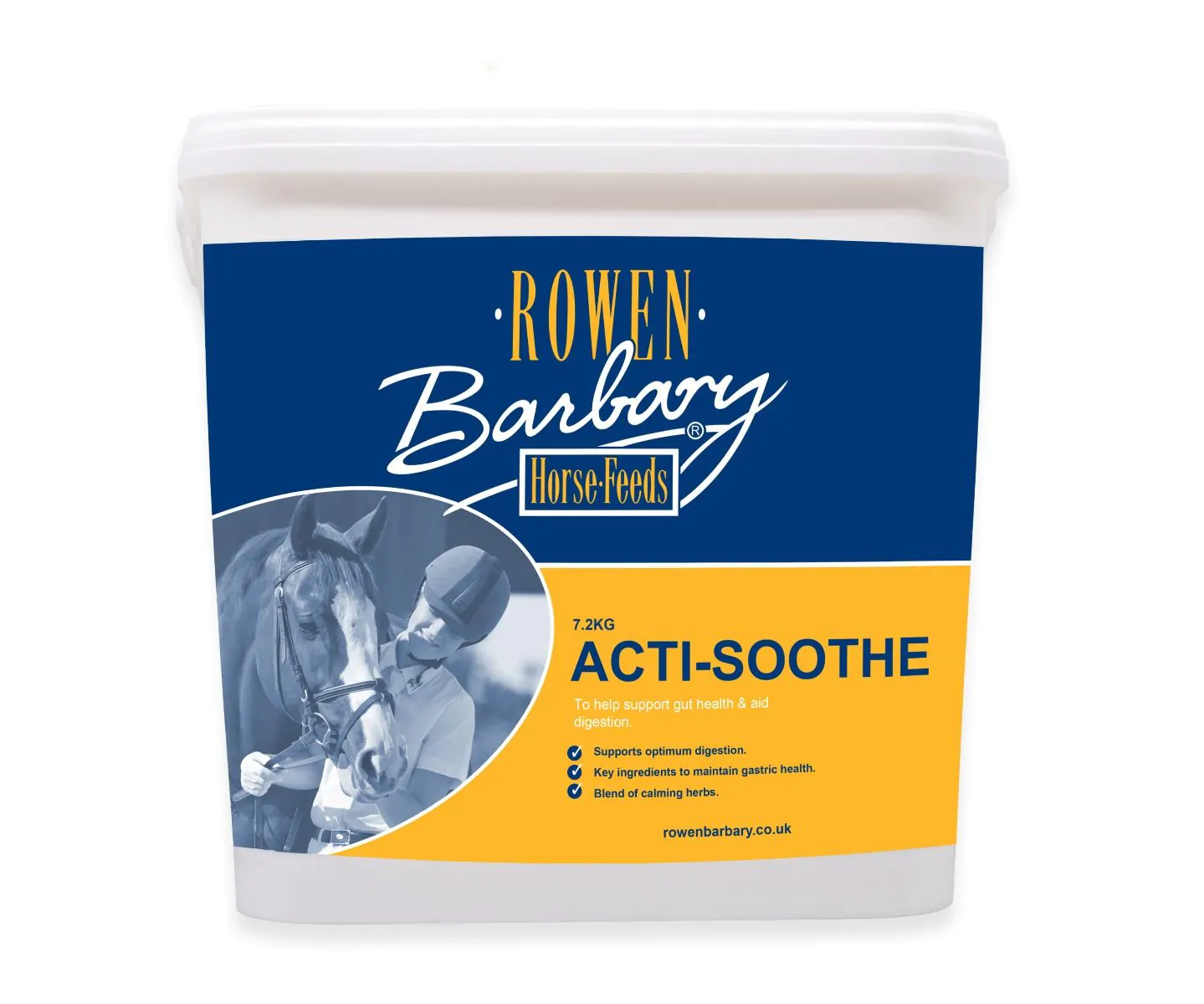- 17th August 2022 by Rowen Barbary
Understanding Stereotypical Behaviours
It is estimated that 10% - 20% of the population of domestic horses display some sort of stereotypic behaviour, often referred to as “vices”. Stereotypical behaviours are repetitive, do not vary and have no obvious goal or function.
It was widely thought that those that displayed stereotypic behaviour such as crib-biting horses were cognitively impaired, however research has shown that there is no need to worry! Horses with repetitive behaviours learn at the same rate as horses without stereotypies, but cognitive underperformance may occur in stereotypic horses if they are prevented from displaying stereotypic behaviour to cope with experienced stress.
Common stereotypical behaviours
Stereotypical behaviours can be divided most commonly into three types: oral, locomotor, and other. Oral behaviours relate to the horse using its mouth or teeth, while locomotor behaviours relate to the movement of the horse.
Stereotypies can occur for many different reasons. Lack of socialisation and confinement in stables may lead to horses developing stereotypies, either from the stress or the accompanying boredom. Data also suggests that preventing stress in early life and managing each horse individually could prevent the onset of stereotypic behaviours.
Management
Traditionally management focused on physically stopping the behaviour through the use of cribbing collars or anti-weave grills, but today it is seen that the most effective method of managing stereotypical behaviour is to focus on the horses mental well-being and welfare.
Methods to potentially prevent or control stereotypies include:
- Where possible, give your horse as much turn-out as you can. If turn-out becomes restricted during the winter months use a secured area such as a lunge pen and try a bit of hand grazing.
- When stabled provide ad-lib fibre in the form of hay or haylage, or try fibre replacers such as Rowen Barbary ReadyFibre Mash to help increase the fibre content of the diet.
- Adding visual stimulation and toys to the stable such as a hay and treat balls can help provide the opportunity for natural foraging.
- Feed a high fibre diet such as Rowen Barbary Forage ‘n’ Fibre which supplies a cereal free, high fibre blend of natural forages and fibres. Very low in starch and sugar this delivers all the key nutrients while keeping energy levels low, and can be fed in smaller frequent meals.
- For horses that lack condition oils and fats can be added to the diet. Containing 15% oil Rowen Barbary Solution Mash is an ideal feed for horses that need controlled weight gain. High in fibre and cereal free this is a high specification mash that is ideal for feeding to horse prone to nervous behaviour.
- Ensure your horse has social interaction either by being turned-out in a herd or in adjacent fields, aiming to keep all horses in sight of each other.
Case Study
Horse’s name: Jay
Owner’s name: Lizzie L.
Colour: Bay
Sex: Gelding
Height: 16.3hh
Breed: 7/8 TB
Jay has a history of ulcers which have previously been treated and is very reliant on a good routine and does weave, grind teeth and box walk if he becomes unsettled. Started to notice an increase in weaving in the morning and being more unsettled generally. As Jay was already on a high fibre diet it was decided to trial Jay on Rowen Barbary Acti-Soothe.
“On receipt of Acti-Soothe, we introduced it slowly and within 3/4 days the ‘girthyness’ and teeth grinding stopped. Also the unsettled behaviour before turnout in the mornings stopped. Jay has continued to show no signs of tummy discomfort and is putting on weight still”. Lizzie L.
Rowen Barbary Acti-Soothe is designed to soothe and protect the stomach lining and helps control stomach acidity and maintain a normal pH. With a calming blend of herbs including Chamomile, Lemon Balm and Ashwagandha Rowen Barbary Acti-Soothe is ideal for horses prone to stress, whether travelling, competing or for use at home as part of the daily routine.

All manufacturing at Rowen Barbary is carried out in a state of the art mill located in the heart of the Shropshire countryside. We use only the highest quality ingredients sourced, where possible, from local farms before they are blended by our dedicated team in our UFAS audited mill.
Rowen Barbary also conforms to BETA NOPS guidelines with raw materials & finished feeds regularly laboratory tested to ensure that every bag of feed continues to meet not only ours, but also your high standards.




